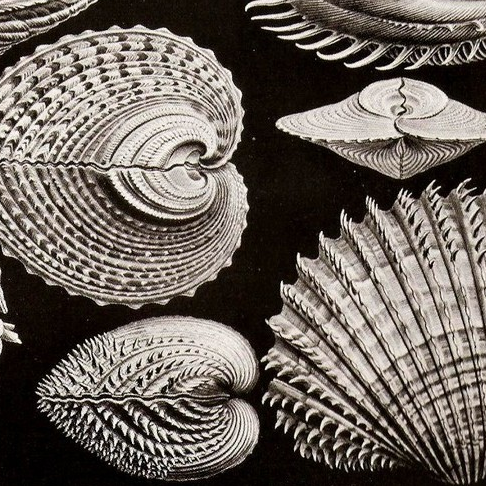Byline: Jeroen Bouterse
-
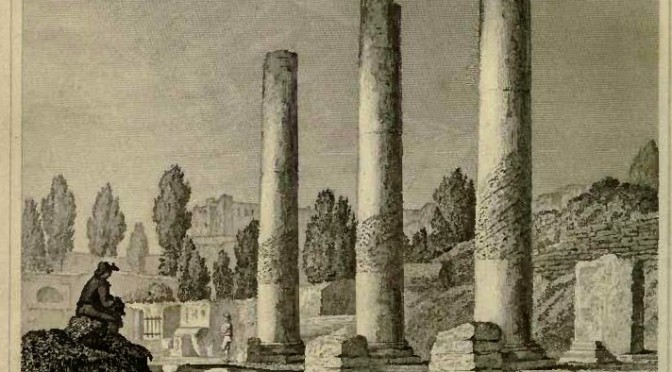
Turning Tides: Ebb
Shells&Pebbles launched ten years ago today. The first piece, by Floris Solleveld, featured a frontispiece from Lyell’s Principles of Geology: a view of the shore at Puzzuoli. It draws the eye to the shells and mussels remaining after the water first rose to submerge an ancient marketplace, then retreated again. An evocative image, but like…
-

‘Ein herrenloses Zwischenland’: Max Weber and Willy Hellpach, ‘social pathology’, and the sciences and humanities
In 1905 the psychologist Willy Hellpach submitted a manuscript to the Archiv für Sozialwissenschaft und Sozialpolitik, a journal led since 1903 by Edgar Jaffé and edited primarily by the well-known scholars Werner Sombart and Max Weber. Hellpach’s article concerned the notion of ‘social pathology’ as a possible scientific perspective on particular diseases, like alcoholism and…
-
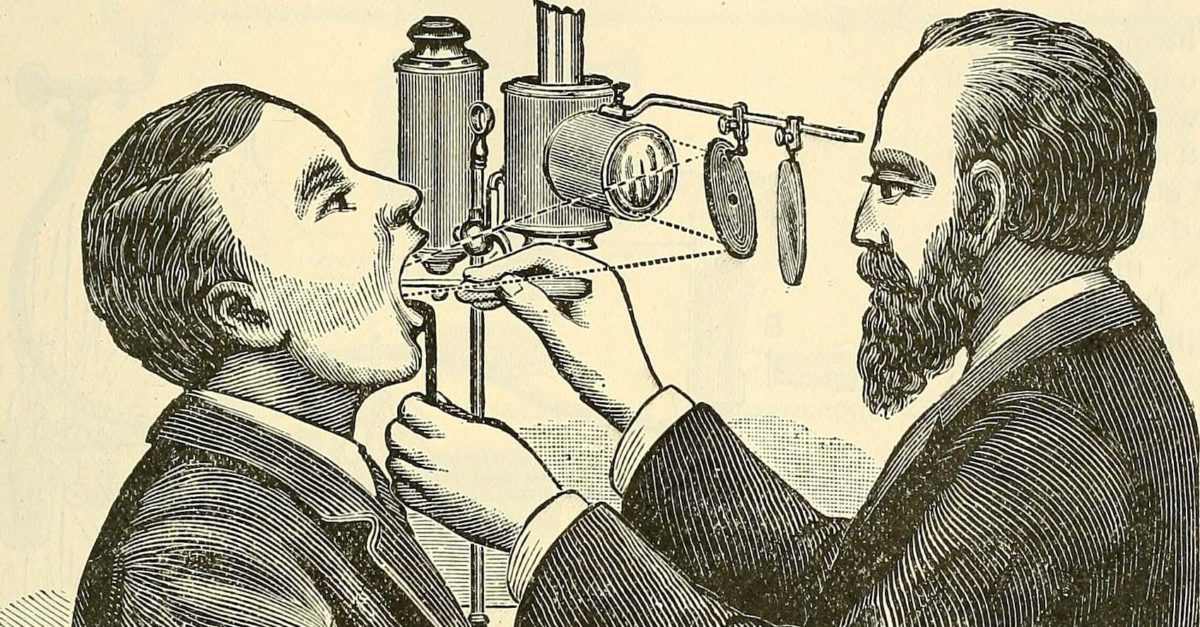
Een forumsectie over een ‘divide’ die er nooit is geweest?
In de voorjaarseditie besteedt History of Humanities een forum aan de ‘two cultures’ — de vermeende tegenstellingen tussen de natuur- en geesteswetenschappen. Wat volgt is een korte bespreking van de afzonderlijke bijdragen en een evaluatie van het geheel. Die eindwaardering komt erop neer dat we een hoop leren van deze forumsectie, zowel empirisch als conceptueel,…
-
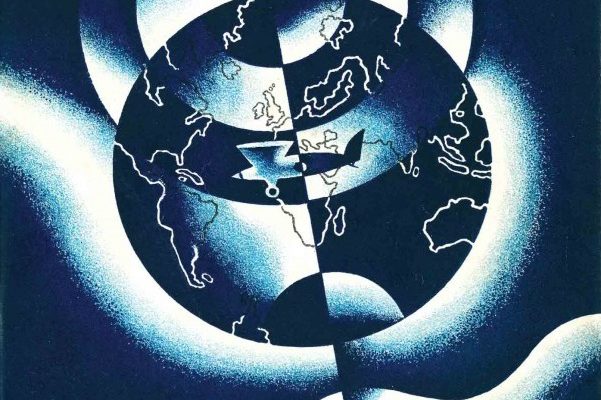
A Science of Science? Plato’s Charmides
Can a culture study its own knowledge? Yes, according to sociologist David Bloor. More than that: it is vital that we can look at our own scientific knowledge scientifically. Otherwise, there would be an “irony at the very heart of our culture. […] it would mean that science could not scientifically know itself.”[1] Speaking of…
-
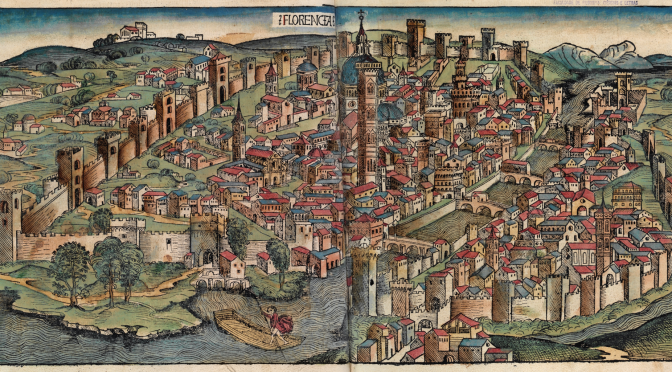
Eenenzeventig argumenten voor de geesteswetenschappen: Coluccio Salutati’s “De nobilitate legum et medicinae”
Zijn er misschien twee soorten wetenschappen? Bijvoorbeeld: aan de ene kant wetenschappen die gaan over universele wetten, die op een rationele manier zekere en nauwkeurige kennis kunnen krijgen over die wetten, en hun kennis ook nog eens kunnen toepassen op een manier die voor iedereen aantoonbaar nuttig is. Aan de andere kant wetenschappen die eigenlijk…
-
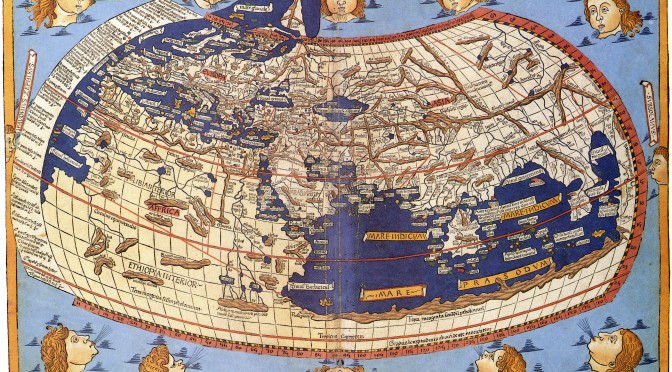
Weinberg, Whiggism, and the World in History of Science
This year, Nobel prize winning physicist Steven Weinberg published a history of Western science up to Newton: To explain the World. The Discovery of Modern Science. Weinberg was an important player in the science wars, voicing his strong intuitions that genuine science transcended history and culture against what he perceived as subversive social constructivism. Now…
-
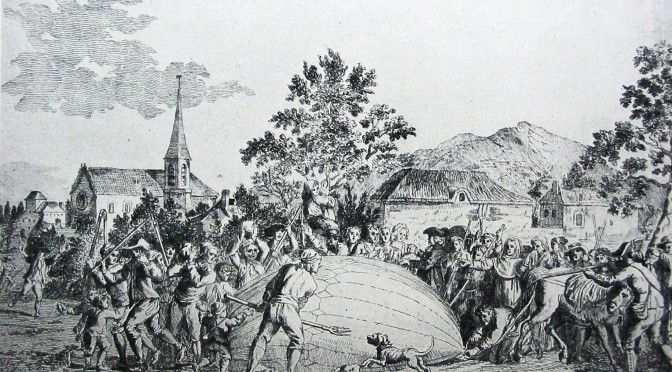
Darwin op SBS? De burger en de wetenschap anno 2014
De afgelopen maand is er veel te doen over de rol van wetenschap in onze samenleving, en een goed gelezen contribuant aan deze discussie is Rob Wijnberg. Na ons eerder al op de Correspondent verteld te hebben hoe het opdoeken van de filosofiefaculteit aan de Erasmusuniversiteit het moment markeert waarop we als samenleving collectief gestopt…
-
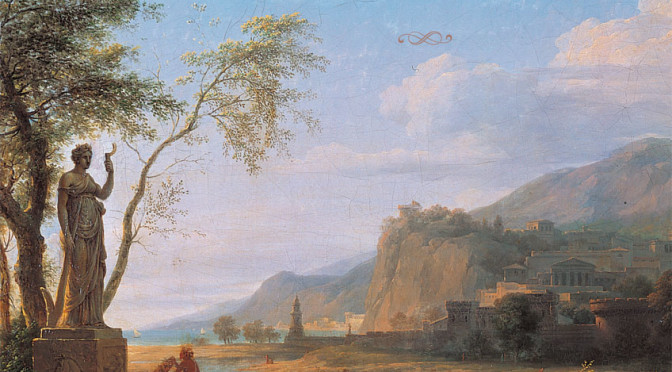
Garlic, magnets, Roman science: a review of Daryn Lehoux, What Did the Romans Know?
In order to keep in touch with what happens in historiography, I sometimes spend a few days reading the introductions of recent historical publications. In a relatively efficient way, it gives me the comfortable feeling that I am still aware of what historians claim they are doing. Sometimes, however, I remind myself to read the…
-
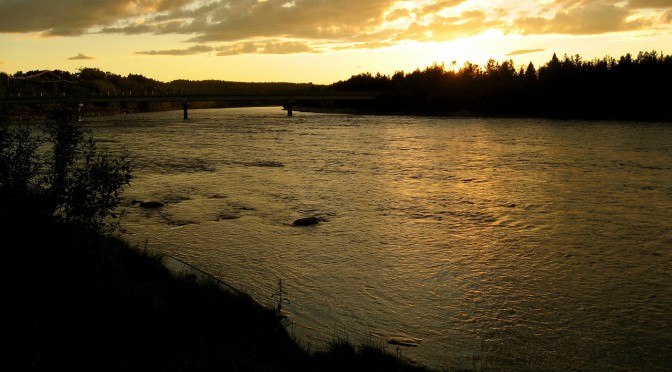
Aangespoelde stenen. W.F. Hermans en de tweedeling in de wetenschappen
“I do not know what I may appear to the world, but to myself I seem to have been only like a boy playing on the sea-shore, and diverting myself in now and then finding a smoother pebble or a prettier shell than ordinary, whilst the great ocean of truth lay all undiscovered before me.”…
-
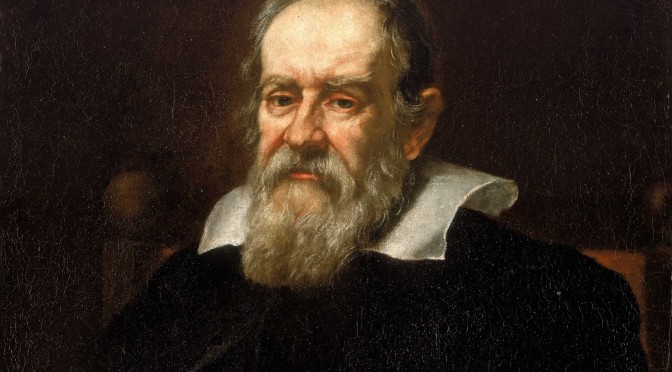
Historical demarcation problems, part II
By Jeroen Bouterse The physicist (P), the sociologist (S) and the historian (H) continue their discussion about the demarcation of science in history P: “OK, so let us retrace our steps and see how we got in this weird place, where you asked me whether an uninfluential Galileo would still be of interest to historians…
-
Demarcation problems in history of science: a dialogue
By Jeroen Bouterse A physicist [P], a sociologist [S] and a historian [H] on demarcation in history of science. H: “So, I understand you hadn’t heard of Shells&Pebbles yet?” S: “I’m afraid not; what is it?” H: “It’s a blog about the history of science.” P: “Oh, then I have seen it! But there was…
-
De krant over wetenschap: 15 jaar later
Door Jeroen Bouterse ‘Apenvaccin mogelijk basis voor hiv-medicijn’; ‘Kleine vleermuis onthult geheim van een lang leven’. Vraagt u zich bij dit soort kopjes, en de bijbehorende artikelen, ook wel eens af wat er later van wordt? Ik heb het alvast uitgezocht.
-
Hysterische arbeiders en nerveuze burgers. Willy Hellpachs ‘Nervenleben und Weltanschauung’.
Door Jeroen Bouterse Soms zijn psychiaters eigenlijk ook cultuurfilosofen. Dan gaat het niet alleen over hedendaagse cultuurcritici als Dirk de Wachter of Theodore Dalrymple, maar ook over de Duitse ‘zenuwarts’ Willy Hellpach (1877-1955). Die vond een blik op alleen het fysiologische aspect van de kwalen van zijn patiënten duidelijk te beperkt, en verdiepte zich daarom maar grondig in…
-
Welcome!
(English below) Beste lezers, We heten jullie van harte welkom op het nieuwe wetenschapshistorische weblog ‘Shells & Pebbles’! De eerste bijdrage is geschreven door Floris Solleveld en heet ‘Zeg het met muzen’. Onderaan kun je een reactie kwijt. Schroom niet om te reageren, Shells & Pebbles is uitdrukkelijk bedoeld als laagdrempelig platform voor het uitwisselen…
